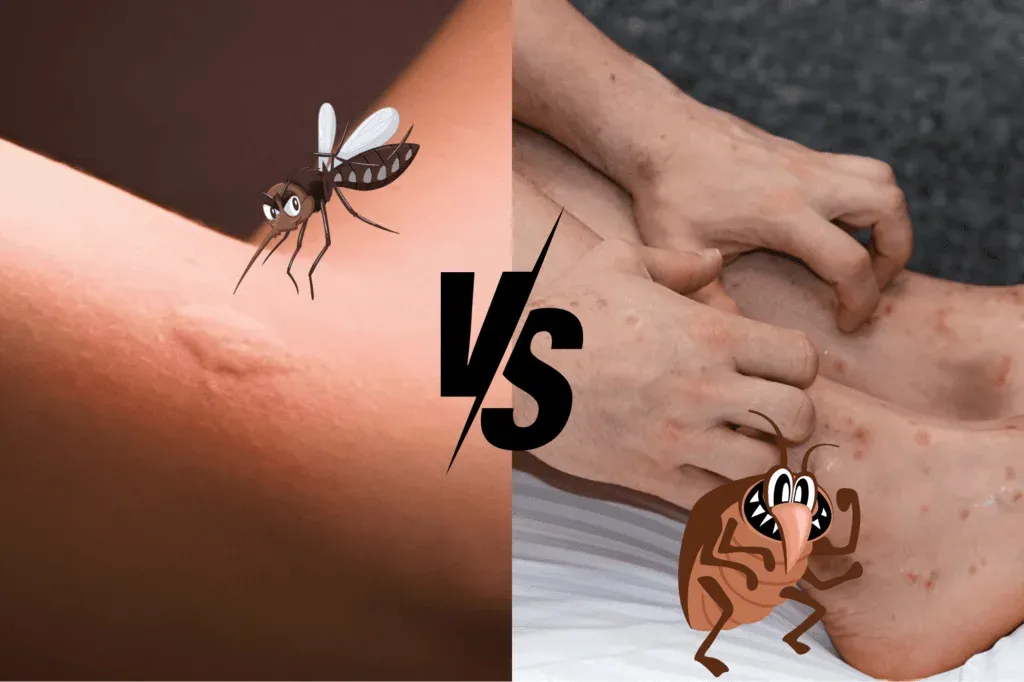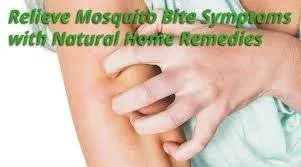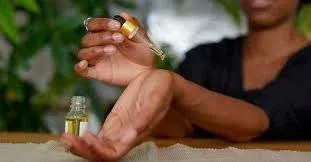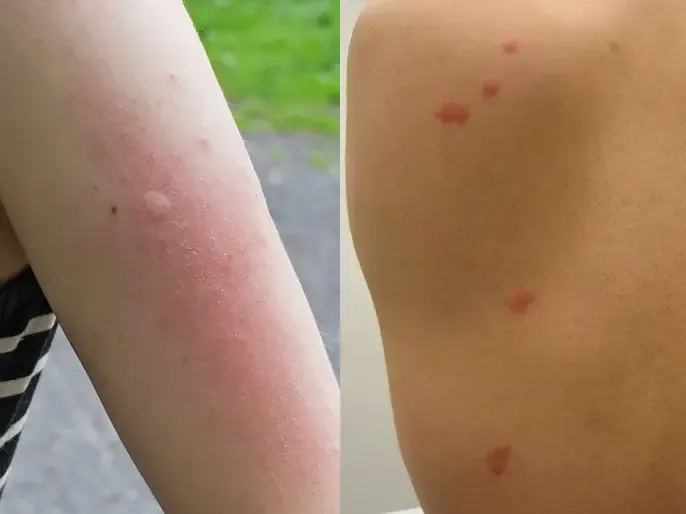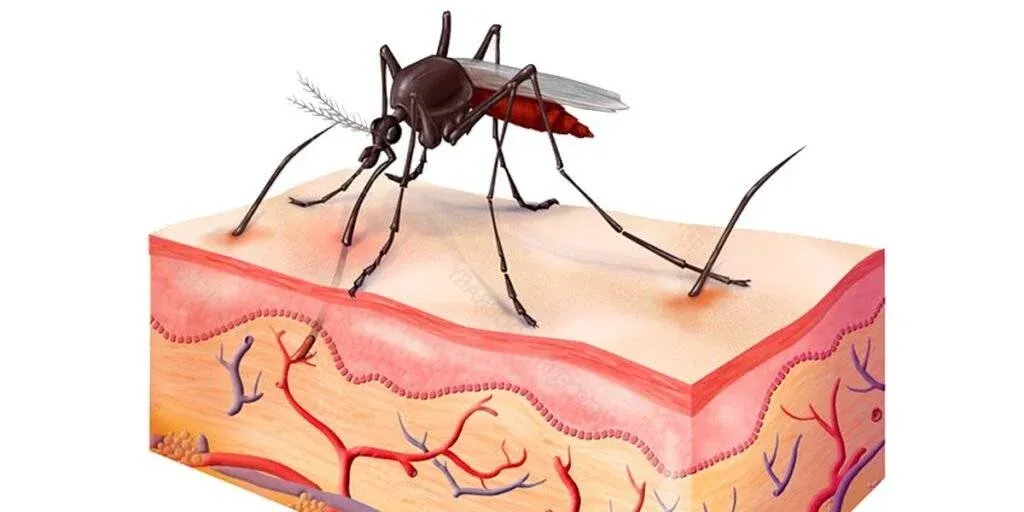Everyone has experienced the discomfort of mosquito bites—those itchy, red bumps that seem to appear out of nowhere. Whether you were hiking, camping, or just sitting on your porch, chances are you’ve searched for advice on how to treat mosquito bites quickly and effectively.
Understanding how to respond after a bite can help you minimize symptoms and avoid complications. This guide walks you through the best methods—from natural remedies to medical treatments—to relieve discomfort and promote faster healing.
Let’s explore everything you need to know about how to treat mosquito bites and regain your comfort.
What Happens When a Mosquito Bites You
Before diving into solutions, it helps to understand what actually happens during a mosquito bite. When a mosquito feeds, it injects saliva containing anticoagulants into your skin to prevent your blood from clotting. Your immune system sees these proteins as foreign invaders and reacts by releasing histamine.
This histamine response causes:
Itching
Redness
Swelling
In some cases, even blistering or allergic reactions
Knowing this biological process is crucial when learning how to treat mosquito bites, as most treatments aim to reduce the body’s histamine response and soothe inflammation.
First Aid: What to Do Immediately After a Bite
If you just got bitten, immediate steps can prevent further irritation. Here’s how to treat mosquito bites right away:
Clean the Area: Wash the bite with soap and water to reduce the risk of infection.
Apply Ice or a Cold Compress: This reduces swelling and numbs the area, easing discomfort.
Avoid Scratching: Though tempting, scratching can break the skin and lead to infection.
These quick actions form the foundation of how to treat mosquito bites properly and prevent them from worsening.
Over-the-Counter Treatments That Work
Several effective over-the-counter (OTC) treatments can ease itching and inflammation. If you’re serious about knowing how to treat mosquito bites, keep these in your medicine cabinet:
1. Hydrocortisone Cream
A topical steroid that reduces redness and itching. It’s one of the most recommended treatments.
2. Antihistamine Creams or Pills
Diphenhydramine (Benadryl) and loratadine (Claritin) block histamines and reduce allergic responses.
3. Calamine Lotion
An old-school remedy that dries out the bite area and provides a cooling sensation.
4. Topical Anesthetics
Creams with pramoxine or lidocaine offer numbing relief from itchiness.
Using these OTC products consistently is a reliable approach when figuring out how to treat mosquito bites with minimal fuss.
Natural Remedies for Mosquito Bites
If you prefer to avoid chemical-based treatments, there are numerous natural remedies available. Here’s how to treat mosquito bites using ingredients you likely have at home:
1. Aloe Vera Gel
Known for its soothing and anti-inflammatory properties, aloe vera helps reduce itch and swelling.
2. Honey
Its antibacterial nature can prevent infection and ease irritation.
3. Baking Soda Paste
Mix with water and apply to the bite. This neutralizes the pH and reduces itchiness.
4. Apple Cider Vinegar
Dab a small amount on the bite to disinfect and reduce itching.
5. Oatmeal Paste
Grind oatmeal and mix it with water to create a soothing skin treatment.
If you’re wondering how to treat mosquito bites without pharmaceutical products, these natural options are a good starting point.
Home Remedies That Provide Quick Relief
Sometimes you just need fast relief. Here are home-based strategies that are both practical and effective:
Ice cubes wrapped in a towel – Reduces swelling
A warm tea bag – Helps with inflammation through tannins
Essential oils like tea tree or lavender – Have antimicrobial and anti-itch properties
These easy remedies are excellent for those learning how to treat mosquito bites with minimal tools.
Special Considerations for Children
Children often suffer more severe reactions to mosquito bites due to their sensitive skin and stronger immune responses. Here’s how to treat mosquito bites safely for kids:
Use pediatric-approved creams with low hydrocortisone levels
Keep their nails trimmed to prevent scratching and infection
Distract them with cold packs or anti-itch stickers
Always consult a pediatrician before applying new treatments. When learning how to treat mosquito bites in children, gentleness and safety are key.
When to Seek Medical Attention
Although most bites are harmless, there are times when a mosquito bite warrants medical care. You should seek help if:
The area becomes increasingly red, swollen, or painful
You develop a fever, headache, or body aches (signs of infection or virus)
There’s pus or signs of secondary infection
A child or adult has an allergic reaction or breathing difficulty
Knowing when to escalate treatment is an important part of understanding how to treat mosquito bites responsibly.
How to Prevent Mosquito Bites Altogether
Of course, the best way to avoid dealing with how to treat mosquito bites is to prevent them in the first place. Prevention tips include:
Use insect repellent with DEET, picaridin, or oil of lemon eucalyptus
Wear long-sleeved clothing in mosquito-prone areas
Install screens and use mosquito nets indoors
Avoid standing water, which is a mosquito breeding ground
Stay indoors during dusk and dawn, when mosquitoes are most active
By following these tips, you can significantly reduce your risk and worry less about how to treat mosquito bites later.
Final Thoughts
Now that you understand how to treat mosquito bites, you can manage them confidently and effectively. From fast first-aid to soothing natural remedies and powerful OTC treatments, there are numerous ways to reduce discomfort and promote healing.
Remember, mosquito bites may be common, but they don’t have to ruin your day. Knowing how to treat mosquito bites means you’re prepared to handle the itch, the swelling, and even the occasional complication. Whether you choose a natural route or a more medical one, you now have the tools to stop the irritation in its tracks.

